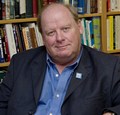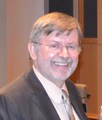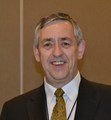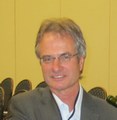Capture Rain Where It Falls: North Vancouver’s Richard Boase described implementation of “Tree Canopy Interception Research Project” at 2007 Water Balance Model Forum
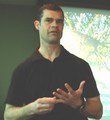
“While considerable research has been done in the natural environment, very little has been in an urban setting anywhere in North America. We have installed 60 tree canopy climate stations across the North Shore,” stated Richard Boase. “At the end of the day, the project will enable communities to make informed planning decisions about designing with nature. Research results will populate the Tree Canopy Module in the Water Balance Model.”



